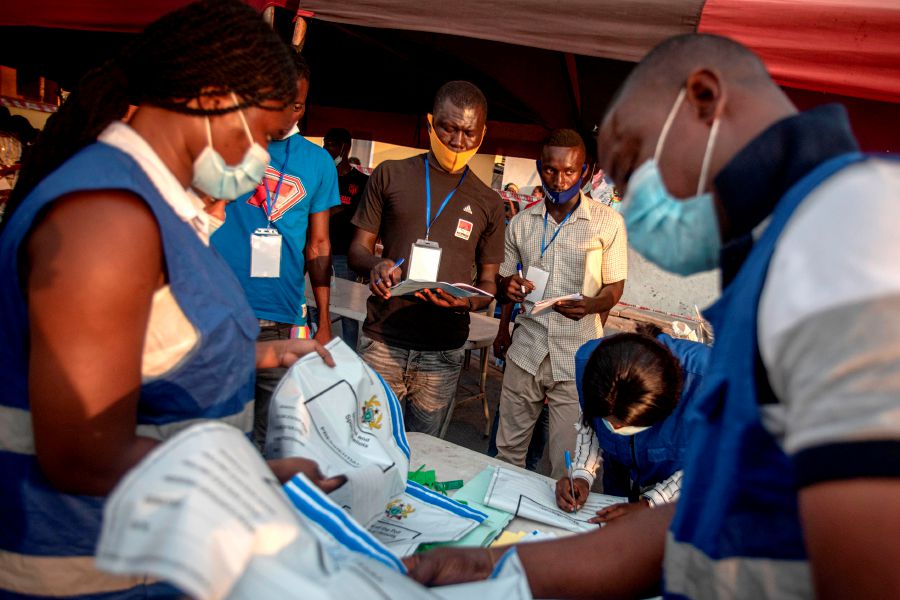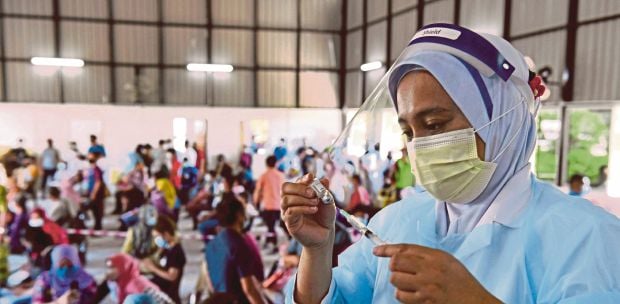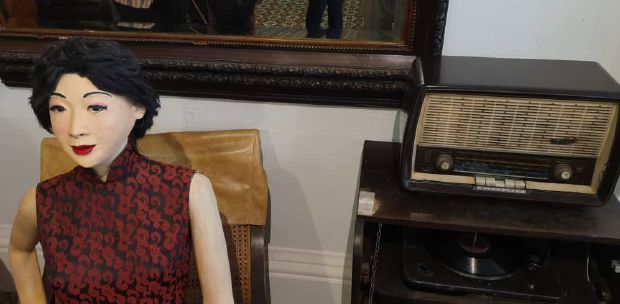SINCE many are penning down their own annual experience in the year that was, I thought it would be worth it to reflect on a different region from our own, and to see how much better off we have weathered the storm.
For the people in most of Africa, with the exception of being obliged to wear a mask, not much has changed. In West Africa, where many lead a hand-to-mouth existence, the extra expenditure required to buy a mask every day has strained even the most resourceful of persons.
What has not changed for many of us in West Africa?
FIRST, the culture of savings is still not an ingrained habit. Perhaps because so many are under the poverty level, savings is not a norm. The implication on the economy is great — when very few people have savings in the financial institutions, then there is less funding for loans and investments by those institutions. Economists would have a more elegant way of putting this, I am sure.
In many communities of West Africa, whatever is earned is spent almost immediately. If there is any money left over after paying for necessities, the extended family and community at large will then ask for money for their needs. This is good — if one person earns, then the whole big family will eat. But it does not allow for savings to take place either, and this impacts the country's economy in the long run.
SECOND, elections were still held, regardless. In 2020, six of the 16 countries of West Africa held their presidential election while Africa was in the grip of the pandemic. For these countries, the elections were crucial to maintain a semblance of democracy, particularly since this is demanded by donor nations. In all of the elections, the incumbent was returned to power. Only Niger's fate remains to be seen, after the Dec 27 elections.
THIRD, the countries and regions that had been unstable continue to be so throughout 2020. Mali had a coup in August and the new interim government, run mainly by the military, has been given 18 months to hand over the reins of the country to a democratically elected government.
The Gambia, which had a promising start after the ouster of president Yahya Jammeh, is now a promise unfulfilled with very little investments and development. Its president refuses to relinquish power even though he promised to do so... two years ago.
So the political players in this part of the world remained unchanged, pandemic or no pandemic, and no matter how well or badly they have handled the Covid-19 crisis.
So what has changed?
Not much thus far. Most of the West African nations went into lockdown in April and things resumed in July of this year. With the exception of Cabo Verde, many are not highly dependent on tourism, so it will take a while for the economic impact to be felt. Densely populated cities, such as Accra and Abuja, continue to be bursting at the seams and social distancing remains a utopian ideal.
What is likely to change in the coming year?
With the World Bank predicting that the global economy will be in depression until 2023, there will be scarce funds from traditional donors. Already, the more developed countries are finding it more and more difficult to meet their Overseas Development Assistance threshold. When push comes to shove, the welfare of your own citizens will always be a priority.
Even multilateral financial institutions like the African Development Bank and the Islamic Development Bank will find it hard to meet the needs of the countries.
Likewise, with so many investors concentrating inwards or towards only traditional markets, there is very little appetite for expansion or trying out new markets. Even in Senegal where investors were coming in by the week, only present and existing contracts and investments are being carried out. It will be difficult to sustain the construction sector and infrastructure development without major outside investments in these countries.
Many international and regional entities are downsizing. The one thing that the pandemic has taught many businesses and budding entrepreneurs is that physical presence is not necessarily a must.
Firms and institutions with online presence have done well, thus renting office space in a far flung destination is no longer a viable option for many.
The writer is a foreign service officer, who writes on international affairs with particular emphasis on Africa






